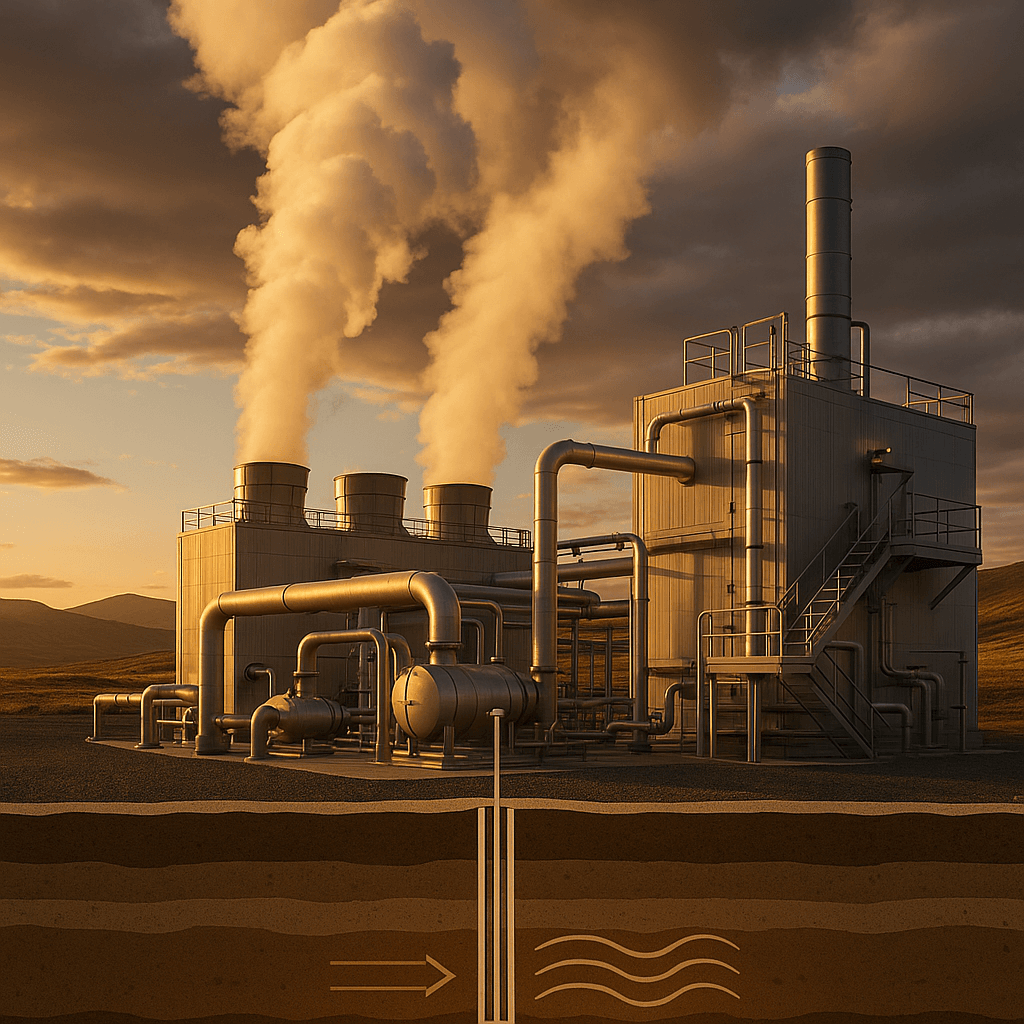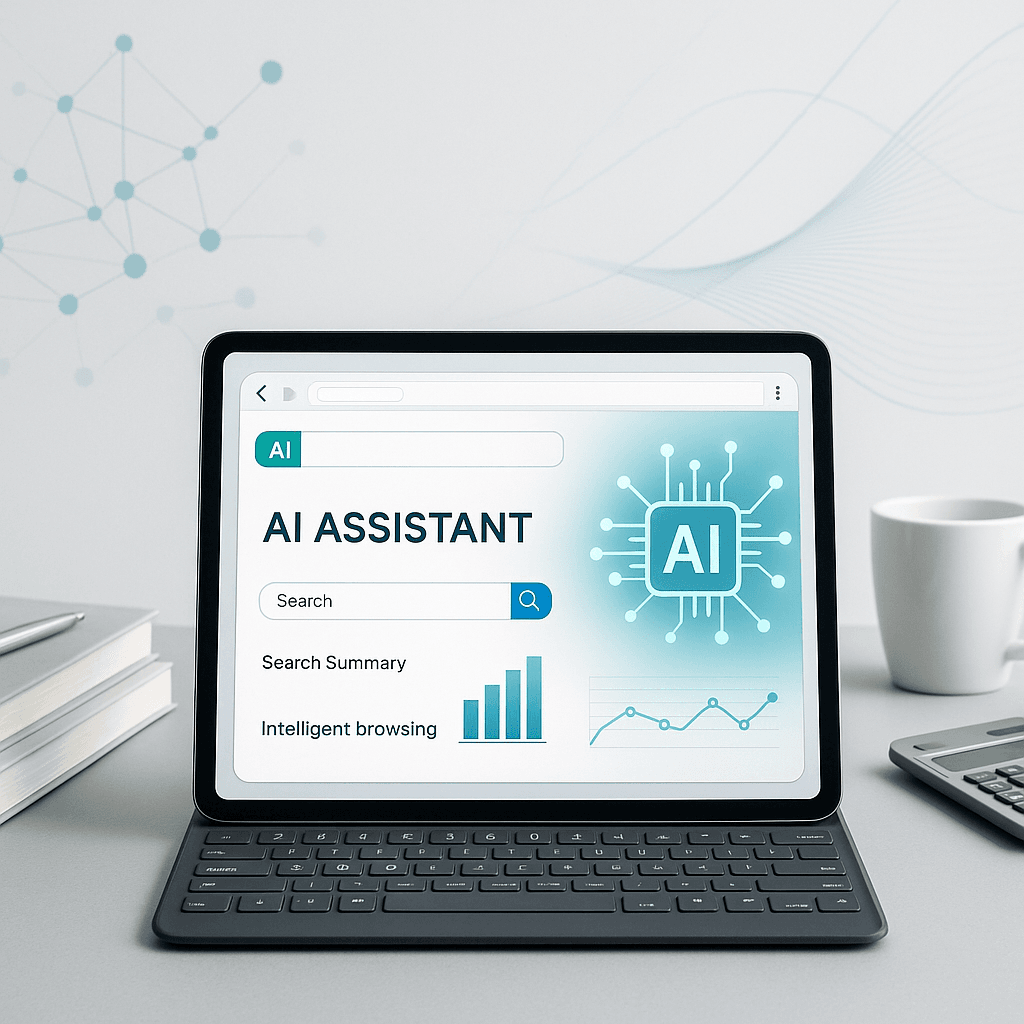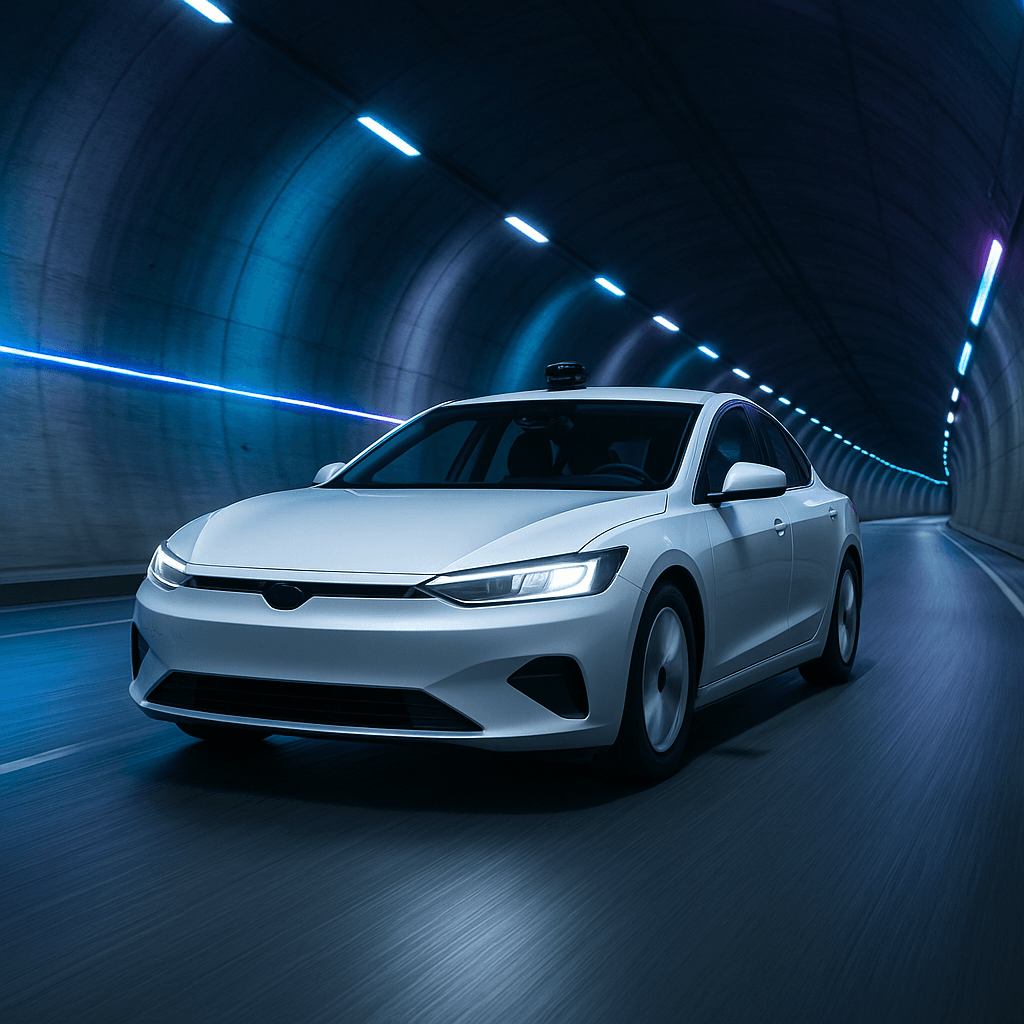Google just launched its most ambitious energy-focused startup program, welcoming 29 AI-powered energy companies into the Google for Startups Accelerator: AI for Energy. The initiative spans North America and Europe, targeting everything from grid optimization to renewable infrastructure development, as the tech giant doubles down on using artificial intelligence to accelerate the global energy transition.
Google is placing a major bet on artificial intelligence transforming the energy sector. The company's new Google for Startups Accelerator: AI for Energy program welcomed 29 startups today, split between 15 North American companies and 14 European firms, all focused on using AI to solve critical energy challenges.
The timing couldn't be more strategic. As data centers and AI workloads drive unprecedented energy demand, Google is simultaneously investing in the technologies that could optimize energy consumption at scale. "We believe AI is a pivotal force in accelerating the essential energy transition," wrote Savannah Goodman, Head of Advanced Energy Labs, in the announcement.
The selected startups cover the entire energy ecosystem. North American cohort standouts include Salient, which uses AI and climate expertise for long-range weather forecasting crucial for renewable energy planning, and Mercury Computing, providing flexible utility interconnection solutions that could accelerate data center deployment.
Pravāh caught attention for its machine learning approach to grid operations, promising to cut utilities' power costs—a critical capability as aging infrastructure struggles with renewable integration. Meanwhile, MyPebble tackles the other side of the equation, helping enterprises optimize cloud infrastructure for AI workloads to reduce both costs and energy consumption.
The European cohort brings equally innovative approaches. Denmark's Enkel operates an EV charging platform with algorithmic trading capabilities that make sub-second decisions across power markets—exactly the kind of real-time optimization needed as electric vehicle adoption accelerates. Spain's Delfos focuses on predictable renewable energy generation, while Switzerland's Gilytics AG promises to reduce energy infrastructure planning timelines from months to minutes.






